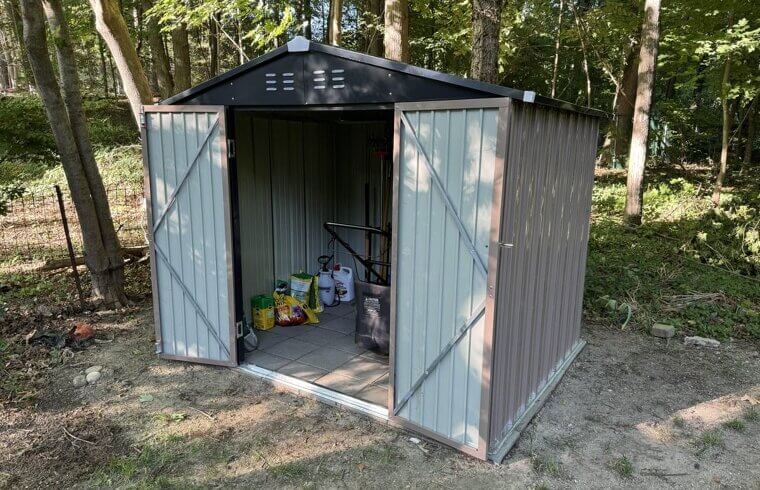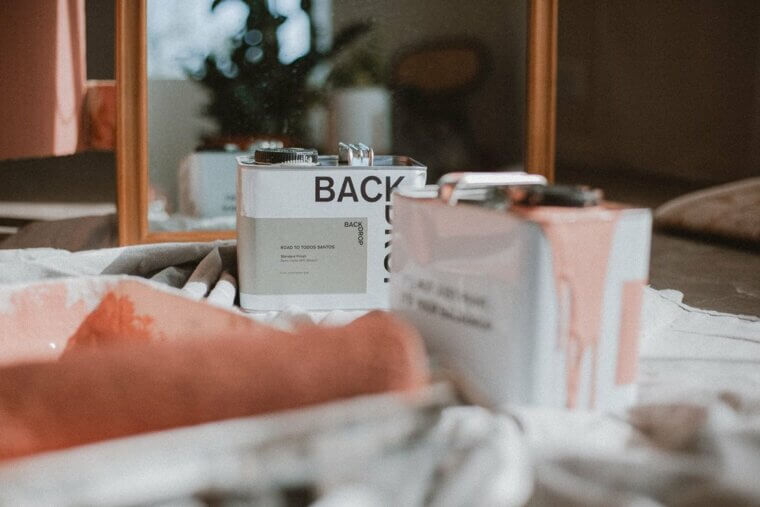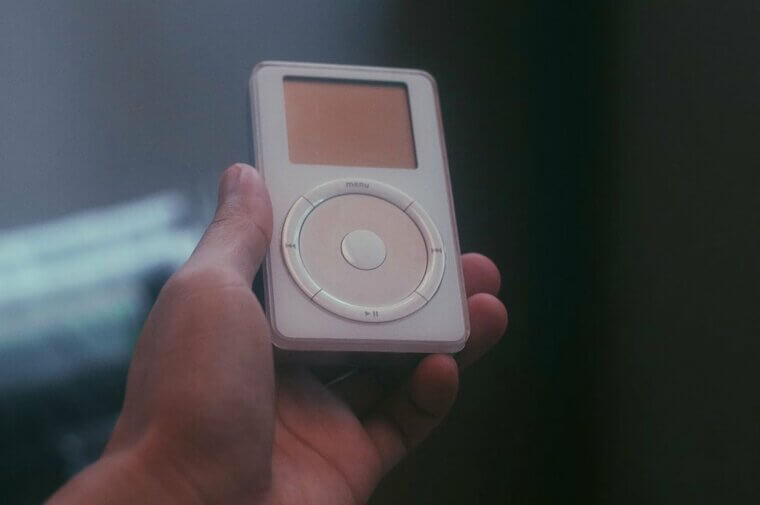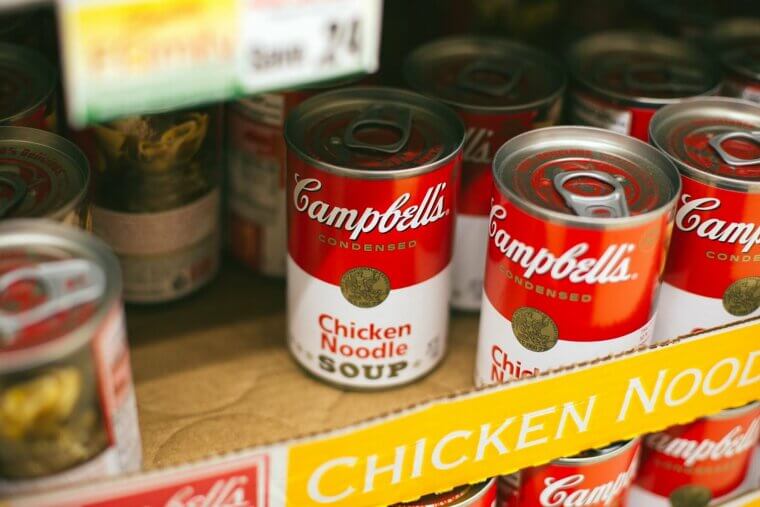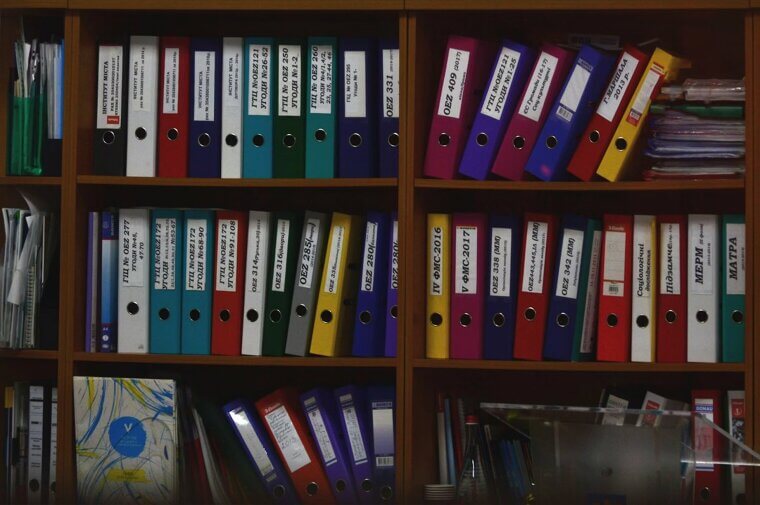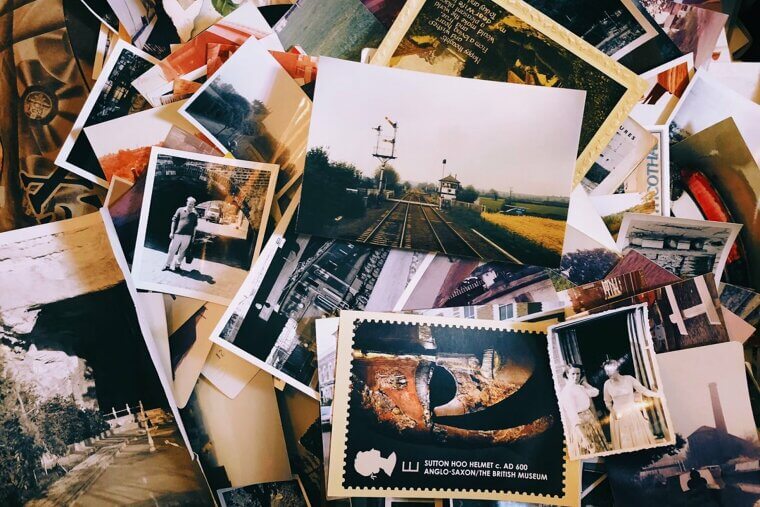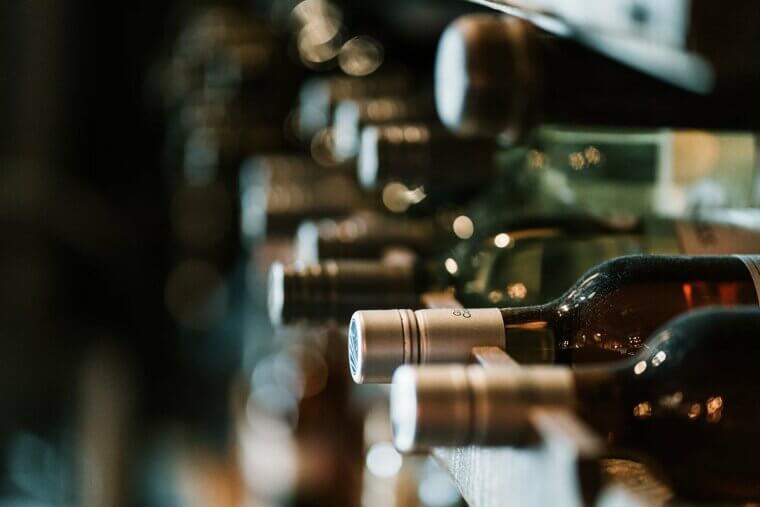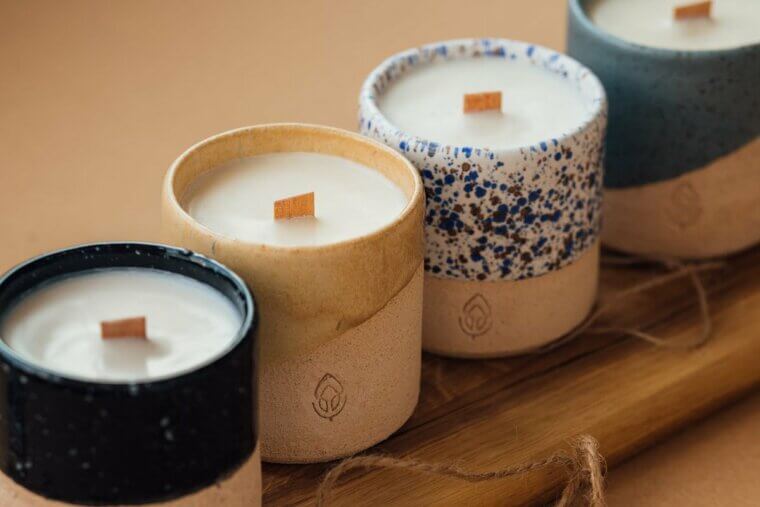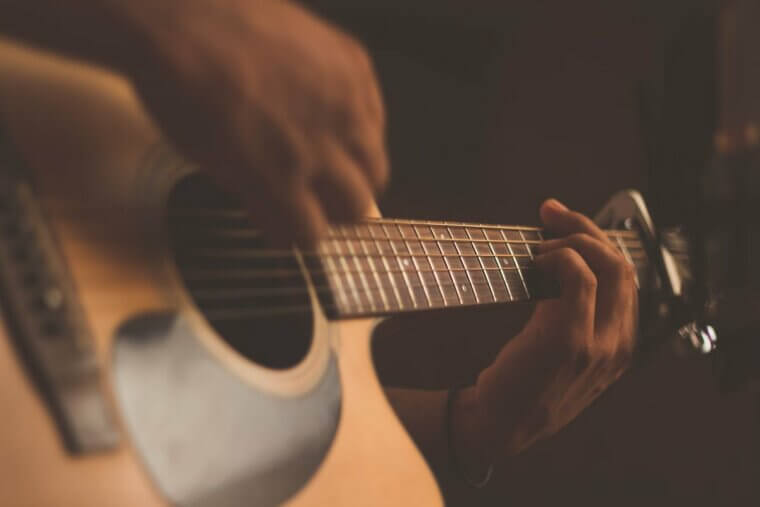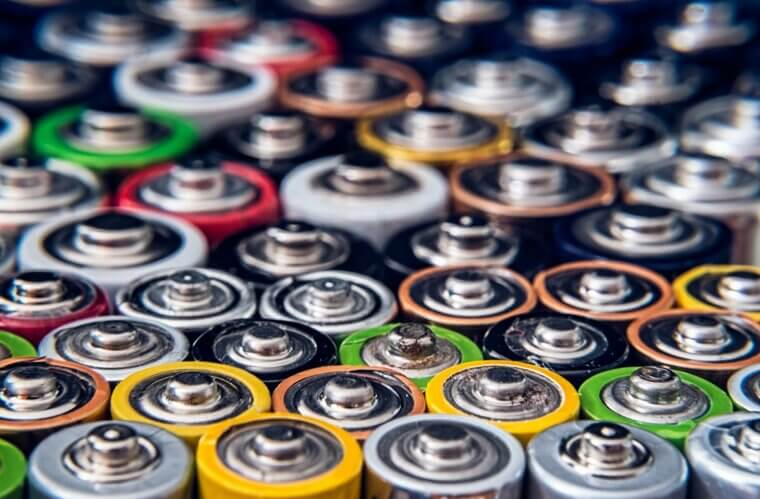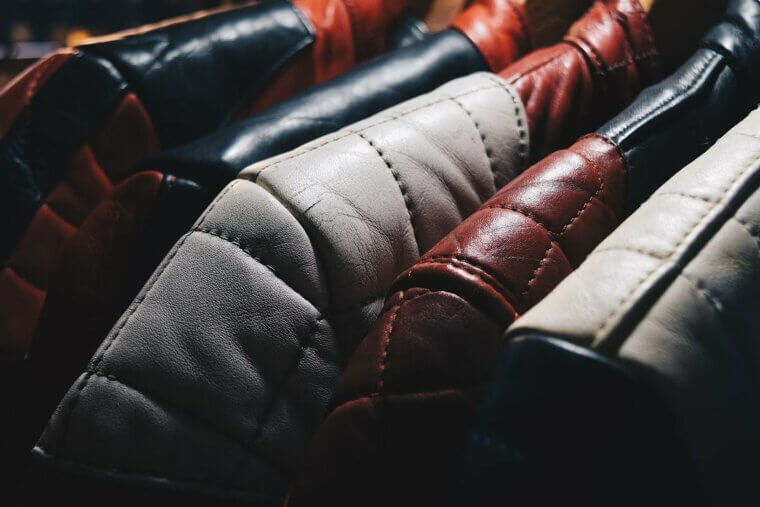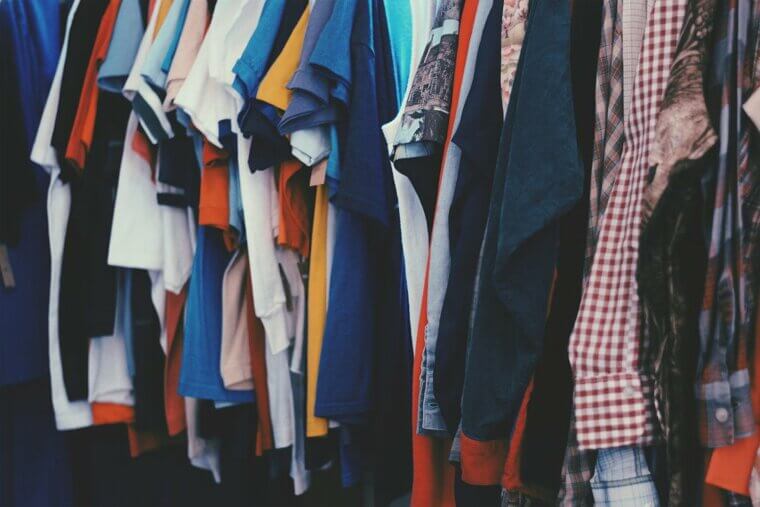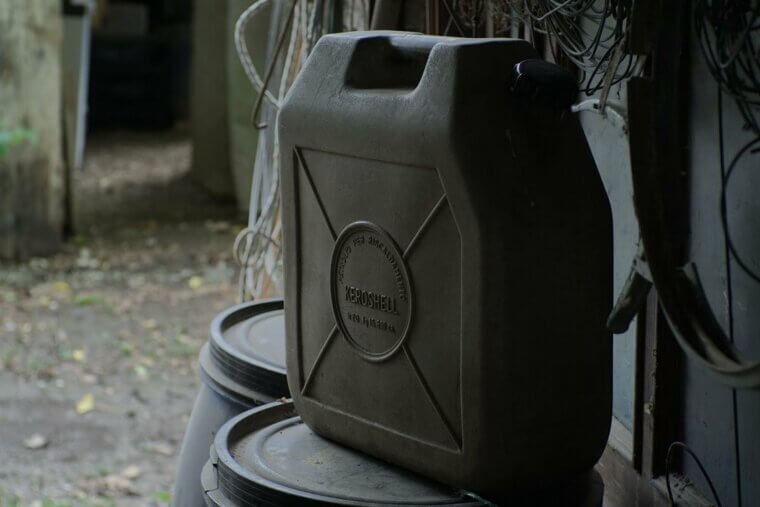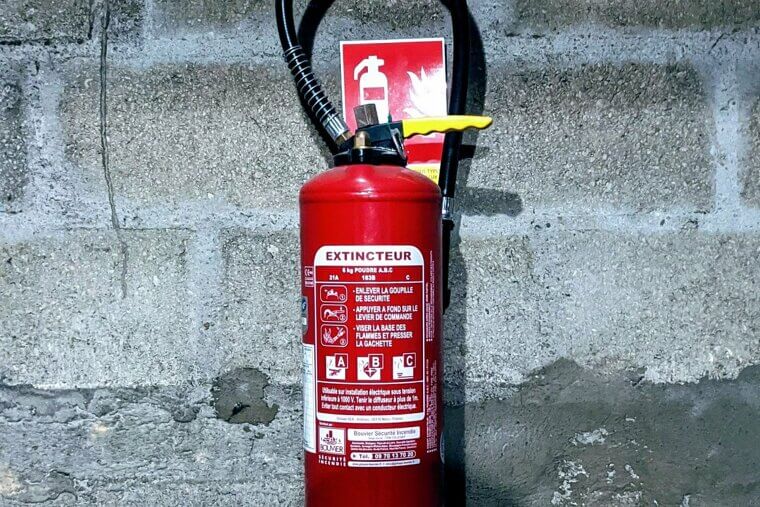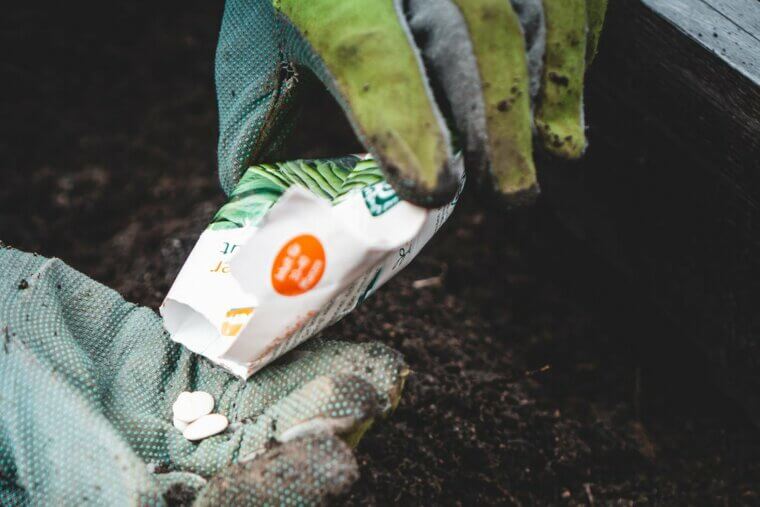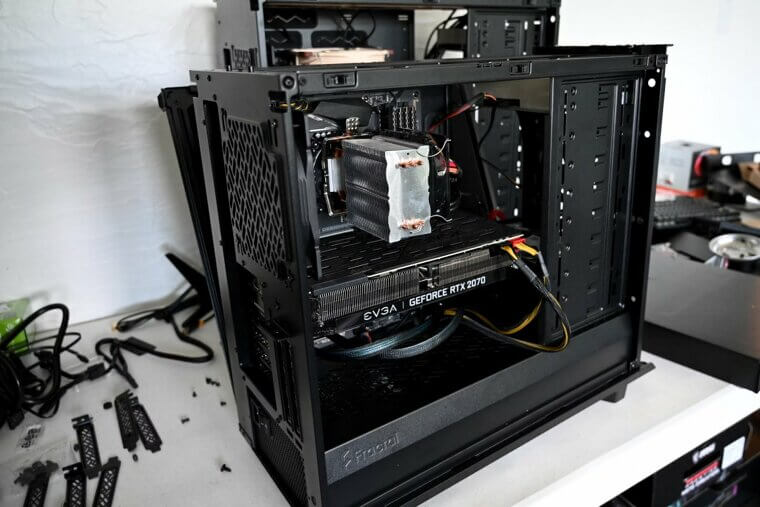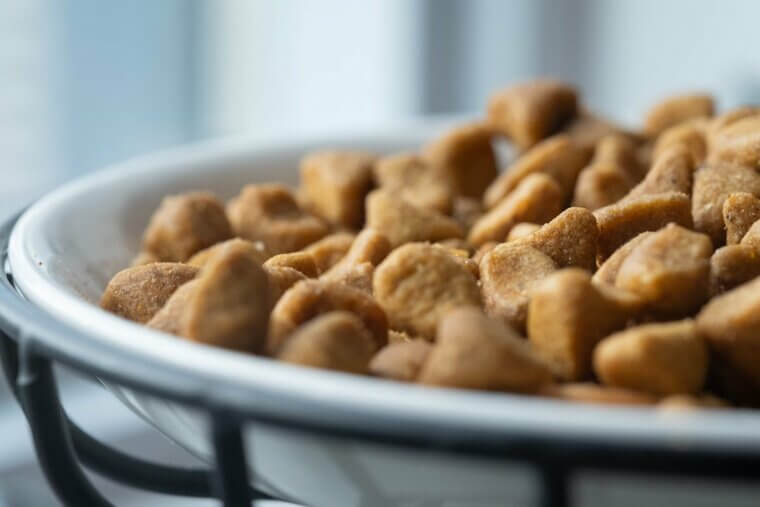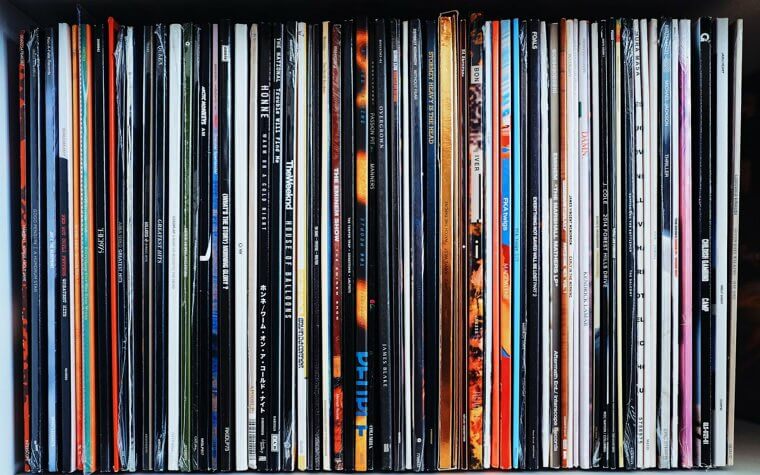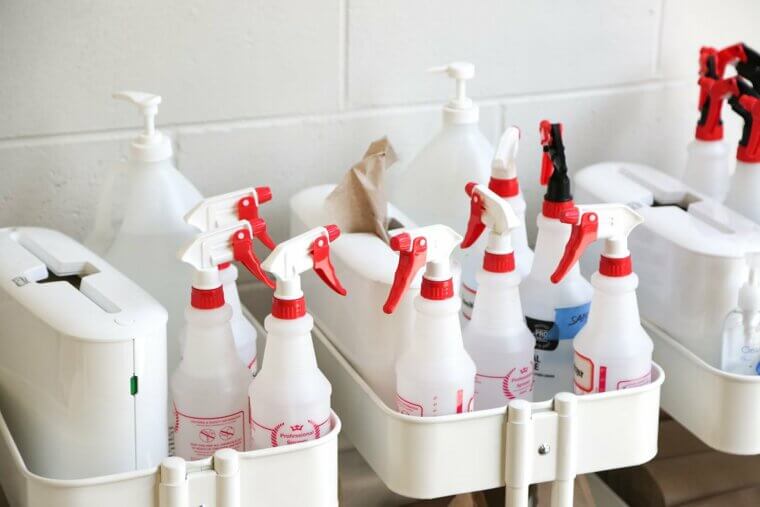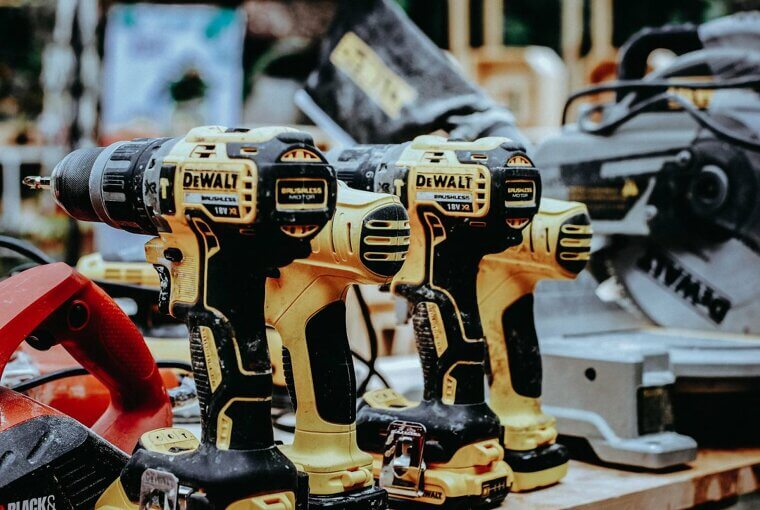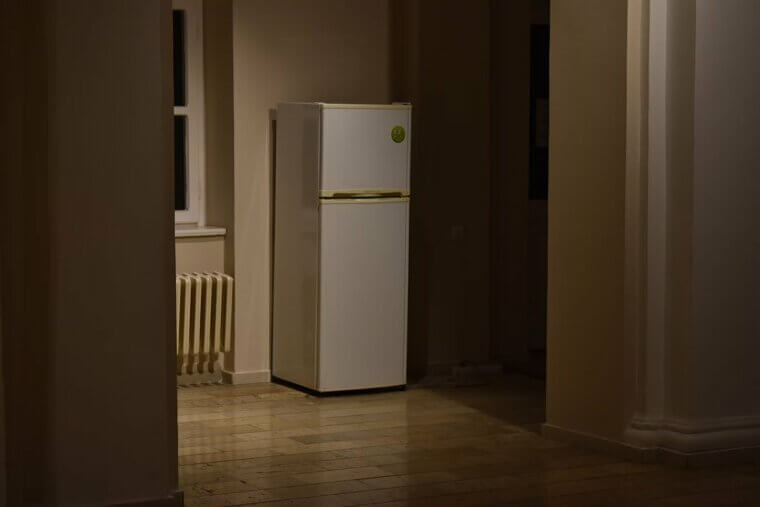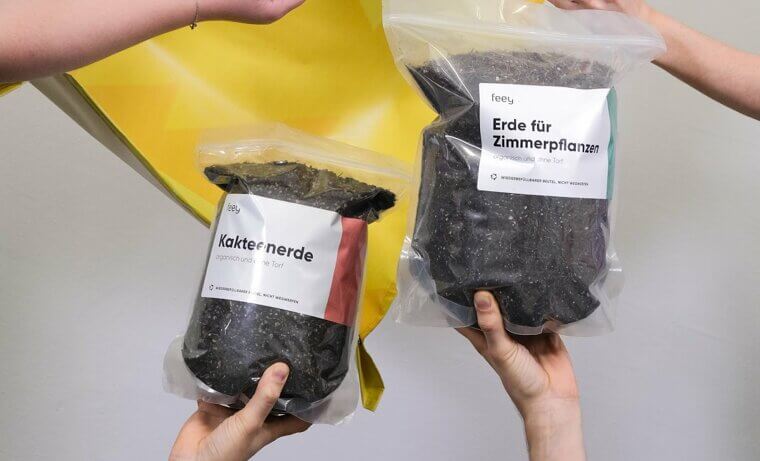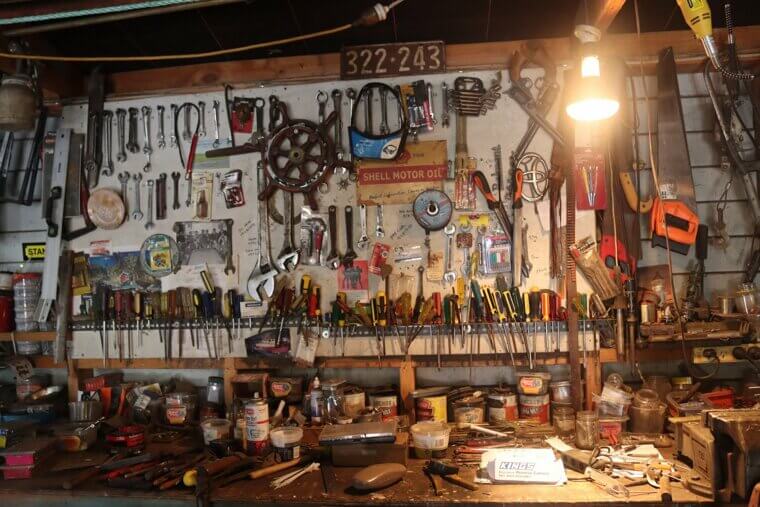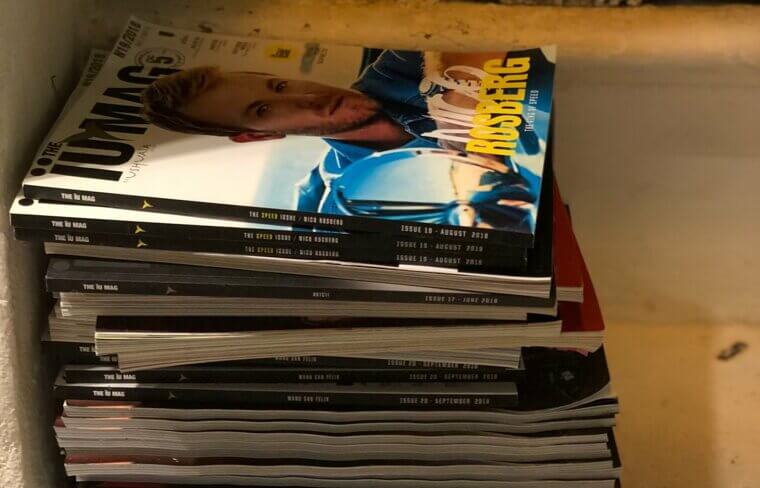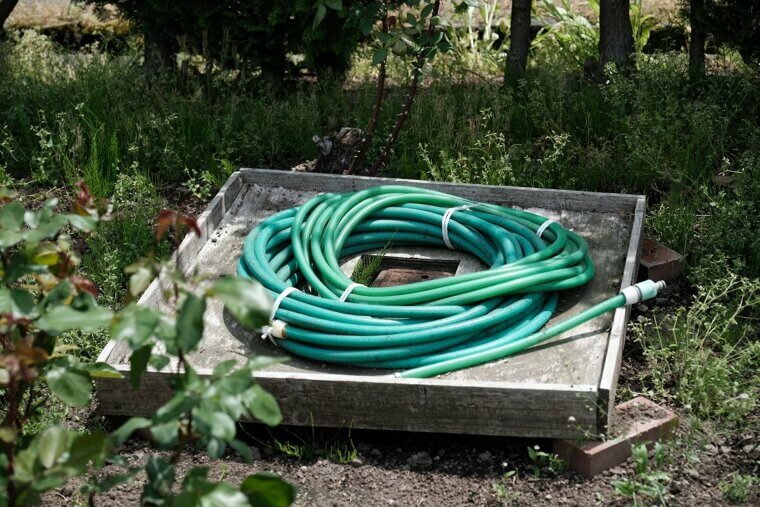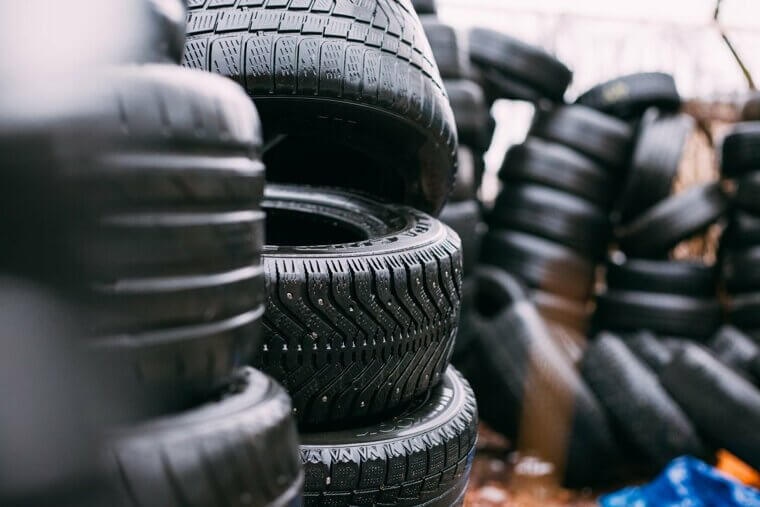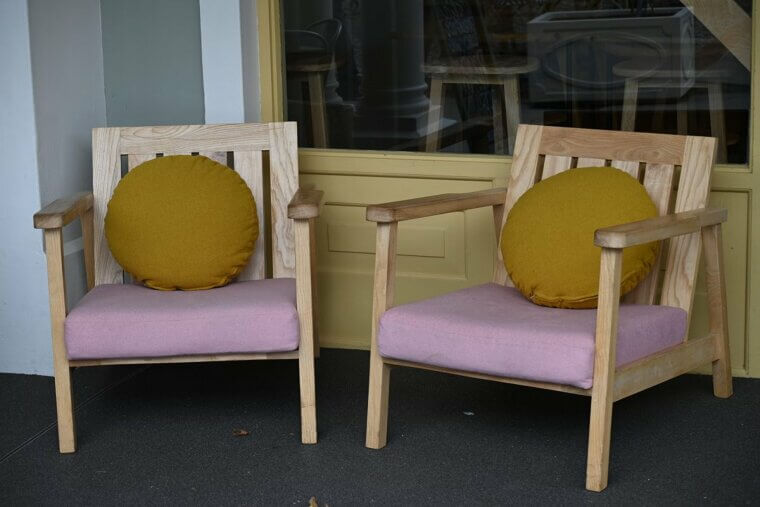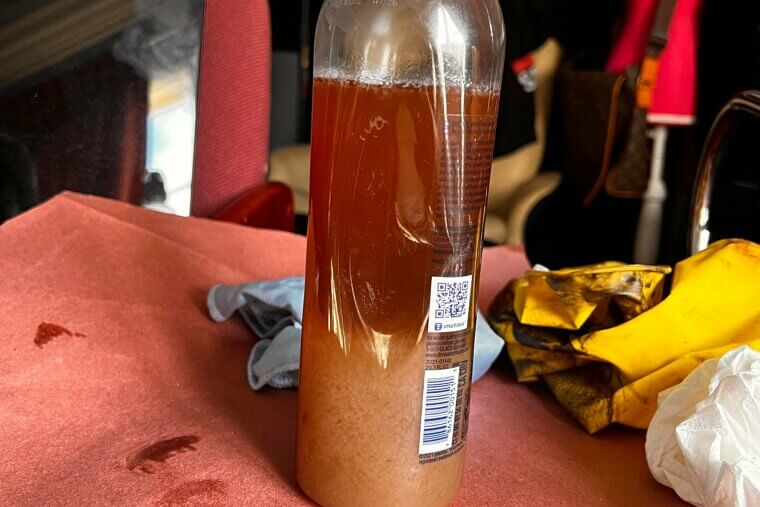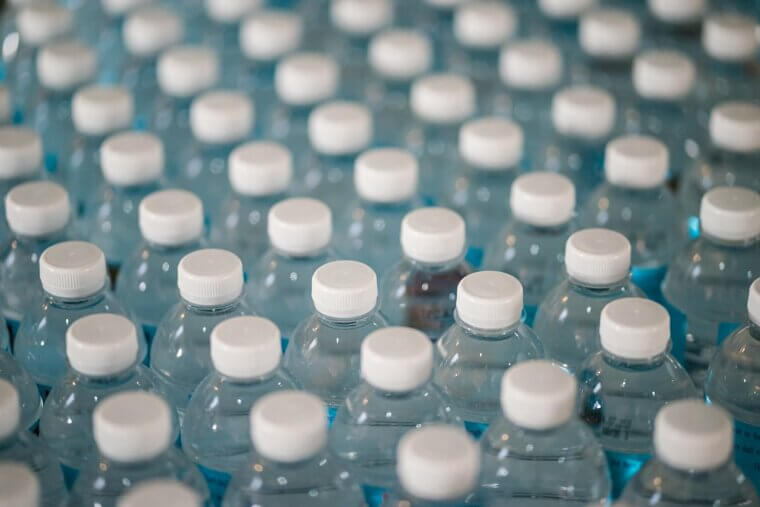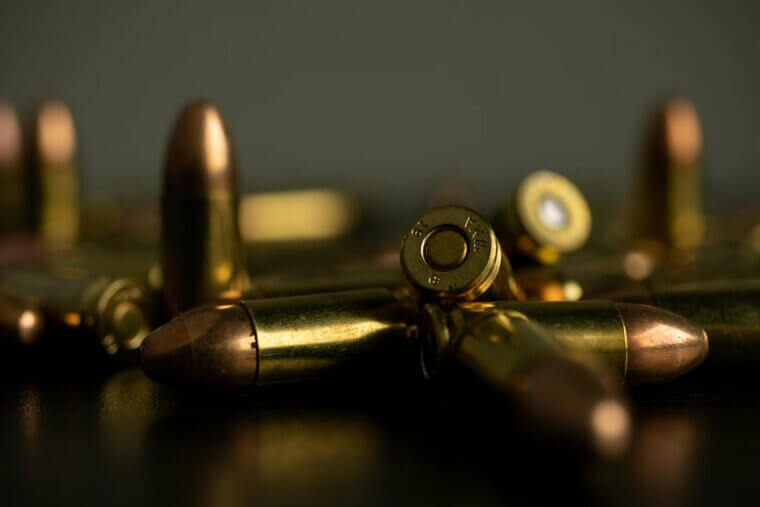Sheds Are the Worst Place to Store These Items
Having a shed is great, but you have to be careful with it. A shed is open to the elements, and those elements can wreak havoc on valuable items. Sometimes, storing certain things in a shed is practically the same as storing them outside, and you wouldn’t do that, right? Moisture, temperature swings, and even pests can quickly damage items even inside a shed.
Here’s a look at 35 things you should never store in a shed—and why it matters.
Paint
Let’s face it, everyone stores their paint in the shed… but they really shouldn’t. Sheds are just too inconsistent in their temperature. Heat causes paint to separate or dry out, while cold can make it lumpy and unusable. So find somewhere else to store it! Even unopened cans can be ruined by extreme temperatures, leading to wasted money and frustration.
It's not something you want to deal with the next time you need to touch up a wall. A climate-controlled area like a basement or utility closet is a much safer choice.
Electronics
Never ever store electronics in a shed. A shed gets full of moisture, and that moisture will ruin your electronics. The humidity and temperature fluctuations won’t help either. Many a person has stored something electric in the shed and found it no longer works when they go to turn it on. Corrosion, condensation, and even insect infestations can all take their toll on delicate circuitry.
Whether it’s a spare TV, stereo, or old computer, keeping electronics inside your home is always the smarter and safer bet.
Food
Absolutely never store food in the shed, not even canned food. It’ll rust. And storing fresh food in there will invite pests, and your items could end up being devoured by rats or bugs. Food needs to be indoors and behind seals. Even pet food and bird seed can attract unwanted critters and cause serious infestations.
Temperature fluctuations can also spoil food or reduce its shelf life. Stick to indoor pantries or airtight storage areas to keep your food—and your shed—safe and sanitary.
Important Documents
Sheds are very prone to being broken into, and a thief could well make off with your important documents if you’re not careful. But even aside from that, humidity will warp the papers, and high heat will cause the ink to fade. Documents like passports, birth certificates, legal records, and financial papers should always be stored in a secure, climate-controlled place.
Once damaged, these items can be difficult or costly to replace. A locked filing cabinet indoors or a fireproof safe is a far better option.
Photographs
Sheds are the worst place for your photographed memories. Humidity and heat can make photos stick together or fade, and insects and rodents may try and eat them. Keep your precious photographs in the house, in a sealed box. Don’t forget you can also scan them in to preserve them digitally. Photographic paper is especially vulnerable to environmental damage.
And once a photo is warped or moldy, it’s usually beyond saving. Proper albums, archival storage, and digital backups can help protect your memories for generations.
Wine
Wine goes in a wine cellar if you’re lucky enough to have one, not the shed. Sheds get hot, and the alcohol doesn’t like that. The flavor of most wines will be ruined if you store them in a shed, plus, who wants to bring out a bottle of wine and find it has rat droppings on it?
Temperature fluctuations can cause the cork to expand and contract, allowing air in and spoiling the wine. Sunlight, heat, and pests are a disastrous combination for your precious bottles.
Candles
Candles will melt in a hot shed and warp in a cold one. They need a consistent temperature, and if you don’t have this they can crack or bend. Always store candles in a cool, dry indoor area, away from direct sunlight. Sheds often reach extreme temperatures, especially in summer, turning your candles into a gooey mess.
Insects and rodents may also be attracted to scented varieties. Whether decorative or functional, your candles will last much longer if you store them inside under stable conditions.
Musical Instruments
It doesn’t matter how much money you paid for your musical instrument, you should never ever keep it in the shed. Wooden instruments like guitars or violins can warp or crack from humidity and temperature changes, while anything with metal in it will rust. Even plastic components can become brittle or degrade over time when exposed to extreme heat or cold.
Mold, mildew, and pests can also find their way in, causing irreversible damage. Always store instruments in a dry, climate-controlled space.
Batteries
Batteries degrade way faster when exposed to heat or cold, which sheds are notorious for. Leaking or corroding batteries can be dangerous and damage nearby items. They need to be stored indoors, in a dry environment, away from anything flammable. Extreme temperatures can shorten their lifespan, reduce performance, and even cause them to swell or rupture.
Whether you're storing AA batteries or rechargeable packs, keeping them in a stable, room-temperature space helps ensure they remain safe and functional when you actually need them.
Medications
Do not even think about storing medications in the shed. Heat, moisture, and light can reduce the effectiveness of many medications or even make them unsafe, so it’s a terrible idea. Always keep medications inside, in a cool dry place, and away from children. Some medications require specific temperature ranges to remain stable, and once compromised, they may not work as intended—or at all.
Even over-the-counter pills can degrade quickly in the wrong environment. A bathroom cabinet or designated drawer indoors is a much safer choice.
Leather Goods
Do you have a love of leather? Then you’ll know to store it somewhere other than the shed. Leather items like shoes, bags, or jackets will crack, mold, or fade if stored in a shed, completely ruining the items you probably paid a lot of money for. Moisture can lead to mildew and unpleasant odors, while excessive heat dries out the leather’s natural oils.
Once damaged, leather is hard to restore. Keep your leather goods indoors, ideally in breathable bags or boxes for long-term preservation.
Clothes
Do you have a lot of clothes that you’re not using? Well, find somewhere to store them that isn’t the shed. Sheds attract pests like moths and rodents, which love to nest in fabric. And then there’s the issue of mold. Chances are, you’ll take your clothes out of the shed and find they have mold on them.
Temperature changes and damp conditions can also lead to musty odors and fabric deterioration. Use vacuum-sealed bags or plastic bins indoors to keep your clothing safe and wearable.
Books
Serious book collectors know that they should never be stored in the garage. Paper warps, covers fade, and mold spreads easily in shed environments. Plus, some insects like silverfish actually eat the paper and glue. Keep books inside, where you can easily read them! Even a short stint in a shed can leave books smelling musty or feeling damp.
Once mold sets in, it’s incredibly difficult to remove. Store your books upright on indoor shelves or in sealed containers to protect their pages and preserve their value.
Gasoline
Gasoline is a huge hazard. Heat can cause fumes to build up, increasing the risk of explosion, or it could leak all over the shed and catch a spark. It’s not actually against the law to store gasoline in the shed, but it’s certainly not advised… and obviously don’t store it in the house either.
The safest option is to use an approved fuel container and store it in a well-ventilated, shaded area away from ignition sources.
Fireworks
People are much too careless with fireworks. They’re explosive devices, and a single spark can set them all going and burn down the shed. Many a person has stored them in a shed in high temperatures, and lost their shed as a result. But you could lose something much more precious than a shed, too – your life.
Fireworks are highly sensitive to heat, friction, and impact, and storing them improperly is a recipe for disaster. Always follow local regulations and store them in a cool, dry, and secure location.
Artworks
The idea of having access to beautiful artworks and sticking them away in a shed sounds crazy, but some people do it. But the conditions in a shed end up making the artwork warp and grow mold, thus wasting a lot of money in some cases. Humidity can make canvases sag, while temperature changes may cause paint to crack or flake.
Insects and rodents can also nibble on paper or frames. Always store artwork indoors, ideally in climate-controlled conditions, to preserve its appearance and value.
Cosmetics and Toiletries
If you have a lot of cosmetics and toiletries lying around, it can be tempting to put them all in a big box and put that box in the shed, but you shouldn’t do it. Extreme heat and cold can alter the chemical makeup of makeup, lotions, and creams, making them functionally useless. The texture, scent, and color of products can change.
In some cases, they may even cause skin irritation. Store them indoors, preferably in a cool, dry cabinet away from direct sunlight or fluctuating temperatures.
Fire Extinguishers
Not many people know about this one, and they buy a fire extinguisher for their shed thinking they’re doing the right thing. But keeping an extinguisher in the shed subjects it to extreme temperatures, and that could cause it to malfunction when you need it most. Freezing weather can cause the contents to separate or expand, while high heat may damage the internal pressure.
A faulty extinguisher is worse than none at all. Keep it indoors where it’s accessible, properly maintained, and ready to work in an emergency.
Seeds
Lots of people store seeds in their garage, but they actually shouldn’t. Seeds don’t do well when exposed to moisture and heat, and may not work at all after a long stint in the garage. Store them inside, in an airtight container. Humidity can cause seeds to rot or sprout prematurely, while excessive heat reduces their viability over time.
If you want a successful garden, protect your seeds from fluctuating conditions. A pantry, basement, or closet shelf is a much better environment for long-term seed storage.
Computers
Old computers are hard to store, and many people resort to taking them outside and cramming them into the shed. But if they do that, the computer may never work again. The moisture inside the shed and the temperature changes will ruin it. Internal components like circuit boards, hard drives, and wiring are extremely sensitive to condensation and extreme heat or cold.
Even dust and insects can work their way into the machine. Always store computers indoors, preferably in a dry, climate-controlled environment, to keep them functional and protected.
Pet Food
If your pet is outside a lot, you may be tempted to store their pet food in the shed. But nope. The combination of moisture and pests leads to the pet food being contaminated with mold and bacteria, and it could make your pet very ill. Rodents, ants, and insects are especially drawn to the smell, and even sealed bags aren’t always safe.
Heat can also cause fats in the food to go rancid. Keep pet food indoors in airtight containers to maintain freshness and safety.
Vinyl Records
If you have a lot of vinyl records you definitely shouldn’t be storing those things in the shed. Heat can warp vinyl records beyond repair, while humidity can damage the sleeves and labels. Keep them inside, away from direct sunlight. Once a record is warped, it won’t play properly—and in some cases, it won’t play at all.
Mold and mildew can also affect the cover art and reduce their value. Store your collection vertically in a cool, dry place to preserve both sound quality and appearance.
Cleaning Products
Most cleaning products will degrade in heat, cold or humidity, and that’s exactly what’s going on inside your shed. The packaging can degrade too, leading to leaks. Always keep your cleaning products indoors, in a secure cupboard. Temperature extremes can cause chemicals to separate, lose effectiveness, or even become hazardous. Leaking bottles can damage surrounding items or create toxic fumes.
For safety and longevity, store cleaners in a well-ventilated indoor space, out of reach of children and pets, and away from food or heat sources.
Power Tools With Batteries
So many people store their power tools with batteries in the shed, never realizing that they’re not supposed to. The temperature changes and the moisture in the air quickly ruins the battery, rendering the tool useless. Batteries can swell, leak, or lose their ability to hold a charge when exposed to extreme heat or cold.
Even the tool itself can suffer from rusted contacts or corroded components. To keep your power tools in working condition, store both the tools and their batteries indoors, in a dry, temperate environment.
Unplugged Fridges or Freezers
An unplugged fridge or freezer in a shed will quickly become a nesting ground for pets. Many people have opened the fridge up to find rats inside it, and you wouldn’t want to use it to store food after that. It’s just a terrible idea to put one in a shed. The dark, enclosed space is perfect for rodents, insects, and even mold to take hold.
The smell can become unbearable, and cleanup is often more trouble than it's worth. Dispose of or repurpose appliances properly indoors instead.
Fertilizer
People don’t realize how dangerous it is to store fertilizer. In high heat it can become combustible and set your shed on fire. If your shed happens to be right next to your house, then the results can be catastrophic. Some fertilizers contain nitrates or other volatile chemicals that can react dangerously under the wrong conditions.
Even if a fire doesn’t start, moisture can cause the fertilizer to clump, degrade, or become ineffective. Always follow storage instructions and keep it in a cool and dry space.
Expensive Tools
If you have some expensive tools, they should be stored in the house and not the shed. The humidity and fluctuating temperatures will ruin them, costing you a lot of money. Keep them in a tool chest in a temperature-controlled area. Moisture can lead to rust on metal components, and wooden handles may swell, crack, or warp. Electronic tools are especially vulnerable to damage.
Plus, sheds are more easily broken into, increasing the risk of theft. Protect your investment by storing tools securely and safely indoors.
Old Magazines
Do you have a lot of old magazines that you don’t want to throw away? Then find somewhere to store them that’s not the shed, because they’ll get ruined. You see, paper absorbs moisture easily, causing it to curl and stick. And there’s a lot of moisture in the shed. Mold and mildew thrive in these conditions.
And pests like silverfish and mice may chew through the pages. To preserve your magazines, keep them indoors in airtight containers or on a dry, elevated shelf.
Garden Hoses
Yes, believe it or not, you probably shouldn’t keep garden hoses in your shed. They don’t respond well to the temperature changes and the direct sunlight. Instead, you should use a hose reel with protective coverings if you want to get the most out of your hose. Prolonged exposure to heat can make hoses brittle, while cold can cause cracking or stiffness.
Even coiling them improperly in a cramped space can lead to kinks and damage. Storing them properly outdoors with shade and ventilation helps extend their lifespan.
Tires
Stacking tires in a shed may deform them over time, and the sunlight that floods into a shed will weaken the rubber. If you must store tires, keep them in a cool, dark, and dry place indoors, ideally off the ground. Heat and UV rays can cause the rubber to dry out, crack, or develop flat spots, especially if they’re not rotated.
Moisture and pests can also build up inside stacked tires, creating a mess or even a breeding ground for insects. Proper storage extends tire life and keeps them road-ready.
Collectables
Are you trying to find a space for your toy collection? Whatever you do, don’t let that space be the shed. Your precious items will be subjected to moisture, temperature swings, and pests. Basically, anything you want to keep nice needs to stay in the house. Collectables can warp, fade, crack, or develop mold in harsh conditions.
Original packaging is especially vulnerable, and once it’s damaged, the value drops significantly. Whether it’s vintage toys, figurines, or memorabilia, store them indoors where they’re safe and stable.
Upholstered Furniture
Some people use their shed to store old bits of furniture, but putting upholstered furniture in there is a bad idea. The fabric and padding will absorb all the moisture in the shed, leading to mold. And then there’s the problem of the pests. Rats will find upholstered furniture great for making nests in. Once mold sets in or pests take hold, it’s nearly impossible to salvage the piece.
The fabric can stain, smell, or rot. Store upholstered items indoors, preferably in dry, ventilated spaces with minimal temperature swings.
Paint Thinner
Paint thinner is volatile and there’s a fire risk if you leave it in a hot shed. Yes, lots of people do it, but that doesn’t mean you have to. You should keep your paint thinner in a well-ventilated, temperature-controlled area. The fumes alone can be hazardous if they build up in an enclosed space, and even a small spark could cause a fire or explosion.
The container can also degrade over time in extreme temperatures. Always store flammable liquids safely and away from potential ignition sources.
Water Bottles
Some people buy water bottles in bulk and store them in their shed as an emergency supply. This is a bad idea. Plastic bottles degrade in heat, leaking chemicals into the water. If you really want an emergency supply of bottled water, store it inside the house. High temperatures can accelerate this breakdown, especially if the shed gets direct sunlight.
Over time, the water may taste bad or become unsafe to drink. A pantry, closet, or cool indoor storage area is a far safer option for long-term water storage.
Ammo
Firearms enthusiasts sometimes keep ammo in the shed, but they shouldn’t. Ammo is highly sensitive to heat and moisture, both things that can be found in a shed, and that makes the ammo dangerous. If you’re not sure where to store your ammo, contact your local authority. Humidity can cause corrosion on the casing or primer, and extreme heat may destabilize the gunpowder.
This increases the risk of misfires or accidental discharge. Store ammunition in a cool, dry, and secure indoor location, preferably in a locked container designed for safe ammo storage.

